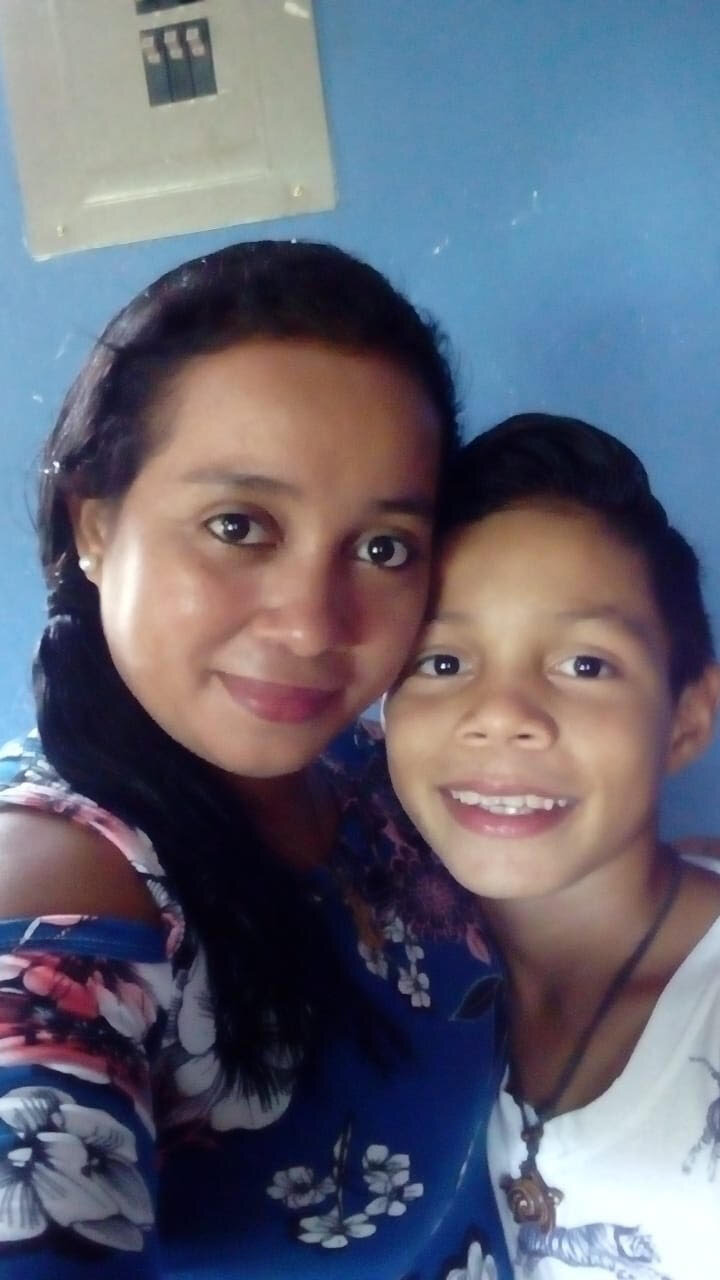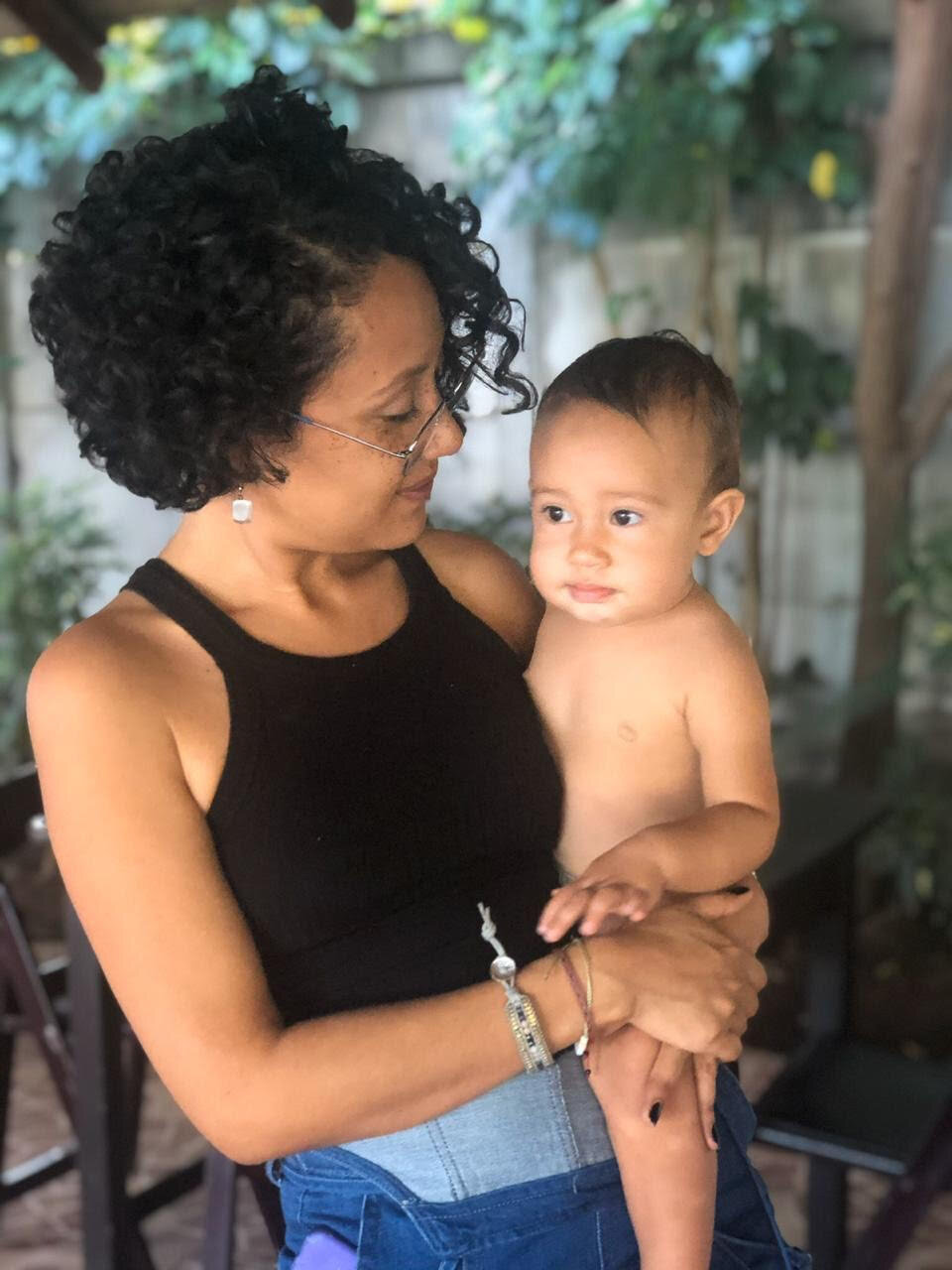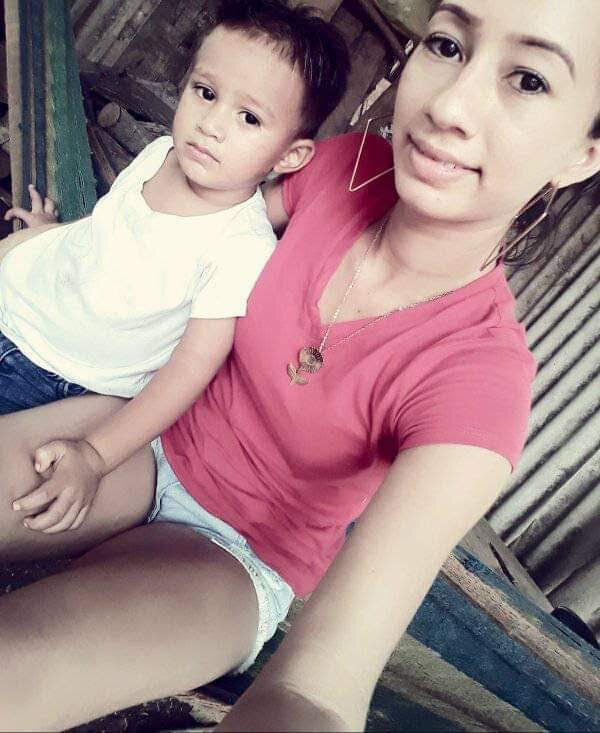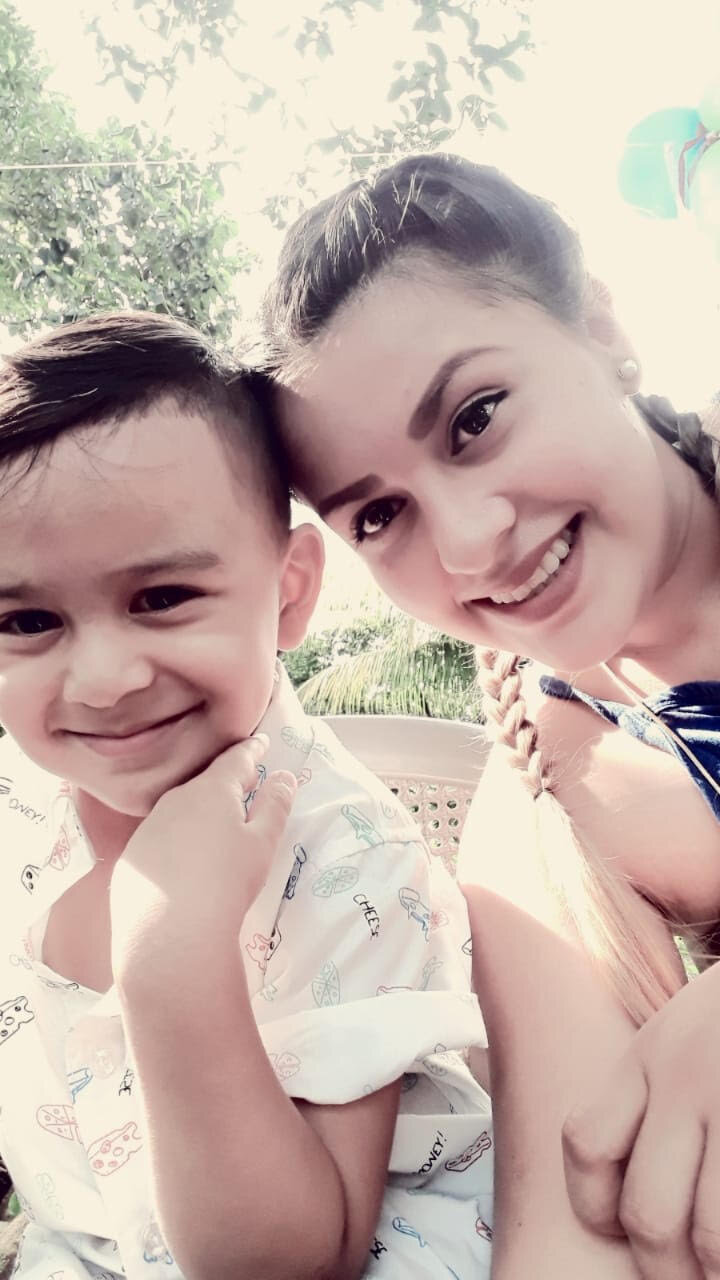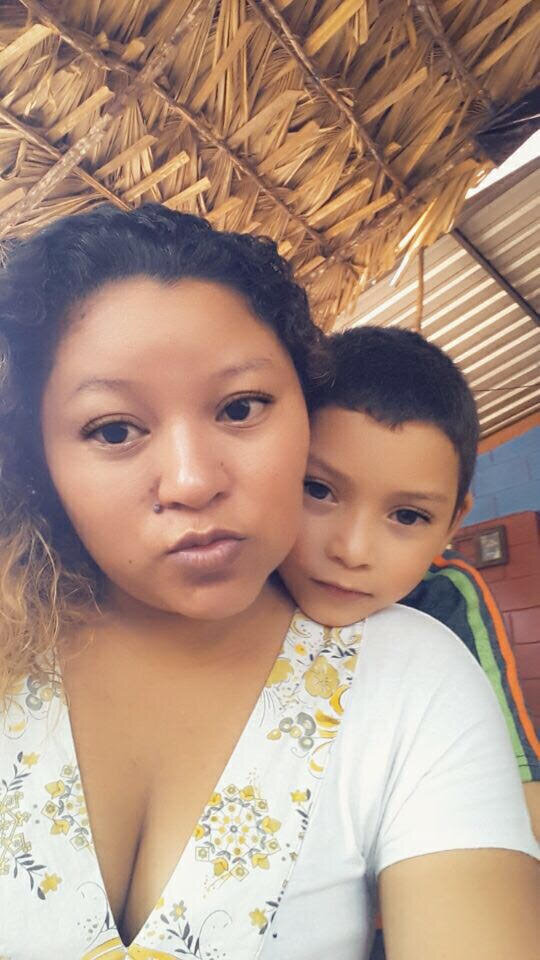Dia de las Madres Nicaragüense! Mother’s Day in Nicaragua!
Dia de las Madres Nicaragüense
Edith Barreda, Treasurer MQM and her daughter Stella
Dia de las Madres | Mother’s Day (English translation below)
Como sociedad celebramos a las madres hace poco más de un siglo. Se conoce que la celebración del día de las madres (en todo el mundo) se origina en referencia a la antigua Grecia en honor a Rhea, quien era conocida como la “madre de los dioses”. En el siglo XIX se establecieron propuestas para una instauración que reivindicara la celebración y el honor a las madres, sin embargo, fue hasta 1907 que se implantó dicha celebración alrededor del mundo, pero con diferentes fechas.
En Nicaragua el día de las madres se celebra el 30 de mayo y es una tradición profundamente arraigada en nuestra sociedad. Según la historia, Anastasio Somoza García, como presidente, lo oficializó en el decreto número 69, del 29 de mayo de 1940 en La Gaceta 148 de ese mismo año. En la actualidad, es considerada dentro del imaginario popular como un día especial, día de rosas rojas y blancas, día de reencuentros, abrazos y de convivencia familiar. También es un día de visitas a los camposantos para acompañar a las madres que nos han dejado físicamente, pero siguen cuidando a sus hijos desde el más allá.
Sin embargo, si ser madre per se, implica complicaciones y contradicciones en cualquier lugar, no es fácil ser madre en Nicaragua, en donde, además de los agobios biológicos de la maternidad, las madres nicaragüenses cumplen dos y hasta tres jornadas, al frente del cuido de las hijas e hijos; a cargo de dirigir o asumir las tareas del hogar; y cada vez más frecuentemente, en la calle, trabajando de sol a sol para ganar el sustento. Sin mencionar a las madres que más allá de nuestras fronteras, en el exilio económico, extrañan a sus hijos e hijas. Y a las madres que se quedaron aquí, añorando a sus hijos e hijas que volaron lejos en búsqueda de oportunidades.
Otra figura materna muy importante en Nicaragua, son las abuelas. Históricamente ellas han sido el cordón por el que se transmiten de generación en generación costumbres, tradiciones y creencias. Han desempeñado también un papel de apoyo a sus hijos e hijas, aunque, por así decirlo, en un plano de retaguardia en cuanto a responsabilidades. Las abuelas desempeñan un papel principal, en términos económicos, sociales y culturales y en la práctica cumplen, por partida doble, el papel de madres y cabezas de familia. Cabe destacar que el 33% de los hogares nicaragüenses tienen a una mujer como cabeza de familia. Esto significa que la mujer asume todas las cargas y ser madre soltera, dicen los estudios, supone ‘mayor riesgo de caer en pobreza’ y en Nicaragua el rostro de la pobreza es de ‘mujer’.
Es así que hoy se celebra el día de las madres en Nicaragua, y aunque en general todos los días son buenos para agradecer y honrar a nuestras madres y otras figuras maternas. Hoy es un buen día para visibilizar el contexto duro al que muchas madres se enfrentan, reconocer la labor, el trabajo, sacrificio y la entrega de las mujeres y madres, quienes desde sus hogares y trabajos mueven el mundo. Madres, gracias por el trabajo que realizas con amor día a día. Hoy tomate un tiempo para cuidarte y dejarte mimar y recuerda que es importante cuidar de nosotras mismas para poder seguir cuidando de los demás.
-Edith Barreda
MQM Member Cristian with her son (above)/MQM Miembra Cristian con su hijo (arriba) MQM Members with their children (below)/MQM Miembras con sus hijos (abajo)
Mother’s Day Nicaragua!
As a society we have been celebrating mothers for a little more than a century. You know, the mother’s day celebration (throughout the whole world) originates in reference to the ancient Greek in honor of Rhea, who was known as the “Mother of the God’s”. In the 19th century it was proposed to establish a celebration in honor of mother’s, however it wasn’t until 1907 that it was celebrated around the world on different dates.
In Nicaragua, Mother’s Day is celebrated on the 30th of May and is a deep rooted tradition in our society. According to history, president Anatasio Somoza Garcia made Mother’s Day and official holiday in the 69th decree on May 29th 1940. Today Mother’s Day is considered to be a special day of red and white roses, a day of reunions, hugs and family life. It is also a day of visits to cemeteries to accompany the mothers who have left us physically but who continue to care for their children from beyond the grave.
Although being a mother has it’s complications and contradictions everywhere, it is not easy to be a mother in Nicaragua, where in addition to the biological stress of motherhood, Nicaraguan mothers have two to three days worth of work before they even get to looking after their children. These other tasks including directing and likely completing all of the housework and more and more frequently on the street working from sunrise to sunset to earn a living. This also does not include the many mothers who in order to provide for their families live in other countries, in a kind of economic exile, missing their sons and daughters daily as well as the still many more mothers who have stayed here, longing for their sons and daughters who have flown away in search of opportunities.
Other very important maternal figures in Nicaragua include our grandmothers. Historically they have been the cord by which customs and beliefs are transmitted from generation to generation. They also have important supporting role in their sons and daughters lives in terms of aiding them in their responsibilities. Grandmothers play a major economic, social and cultural role and in terms of practice they play twice the role of mothers and heads of families. It is important to note that 33% of Nicaraguan households have a woman as the sole head of the family. This means that the woman bears all of the burdens of the home in addition to being a single mother to her child. Studies on Nicaraguan family dynamics have shown that “being female is an increased risk of falling into poverty" and that “in Nicaragua, the face of poverty is female”.
So every year we celebrate Mother’s Day on this day, even though it is best to thank and be grateful for our mothers and maternal figures every day. It is a day to honor the incredibly difficult circumstances that many mothers face, to recognize the labor, the work, the sacrifice and the dedication of women and mothers both in their homes and abroad.
Moms, thank you for the work you do with love day after day. Today take time to care for yourself and remember that it is vital to take care of ourselves in order to continue taking care of others.
-Edith Barreda


